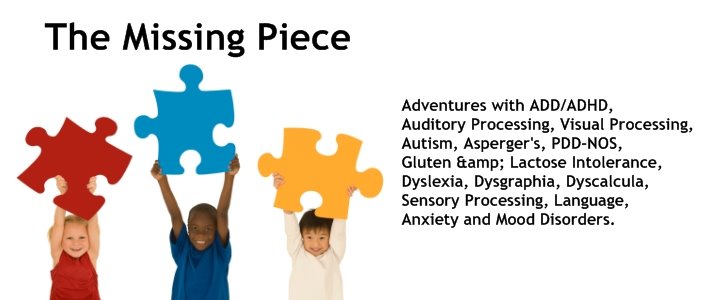Individual: An effective assessment
must be administered individually and identify both the strengths and
weaknesses of a student.
Relevant: A Functional Assessment
should be relevant to the individual student. It must be designed to collect
information and scores that are specific to the concerns of the parents and
teacher. It should not be a standard comprehensive test battery that is used for
every student that is tested regardless of the presenting problems.
Direct: A student’s academic skills
should be directly assessed with the use of curriculum or skills related to
learning. The level at which the student is able to perform as well as trends
over skill areas should be recorded.
 Observational: Behavior of the student
as well as the environment should be evaluated by direct observation.
Observational: Behavior of the student
as well as the environment should be evaluated by direct observation.
Norm-referenced: Assessments that use
norm-referenced comparisons of peers of the same age or grade should be part of
the Functional Academic Assessment in order to determine where a student falls
within their developmental group or grade. This method alone does not produce
information that will lead to intervention or remediation planning because the
information does not identify the specific weak underlying processing skills.
Multi-dimensional: A Functional
Academic Assessment should look at variables that can affect the student’s achievement and learning. Examination of the
use of multiple tasks such as distractibility, speed of completion of work,
need for reward or motivation, balance, and memory.
Interventional: The assessment should
allow the examiner to create a plan of remediation after identifying the
specific processing skills deficits and academic skill deficiencies. The
results should also identify potential modification or accommodations that may
be necessary in order for a student to experience success.


No comments:
Post a Comment